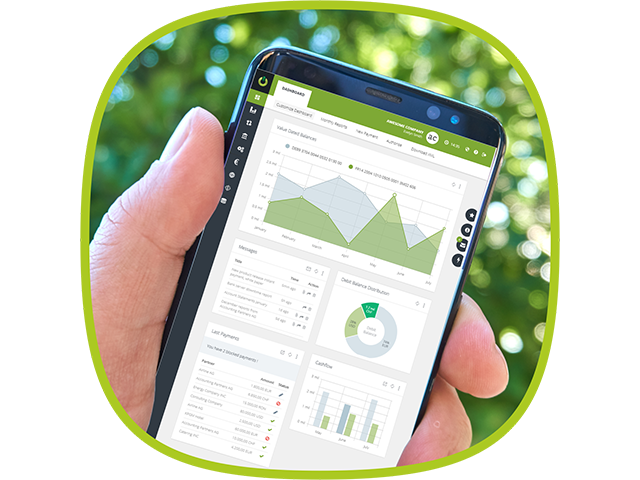Home office, mobile office, shared desktop, virtual meetings, agile working, flexible working hours - new forms of work are finding their way into finance departments. This has also become a necessity. After all, in a globally networked financial world, business processes are running “straight through” and “instant”, i.e. automated and in real time within seconds, 24 hours / day. The future can no longer be mastered with traditional forms of work. The current pandemic has served to magnify this impact and the lockdown caused by the Corona demands a fast response.
Lockdown reveals weaknesses
Characteristics of traditional business processes are physical files and paper documents, “wet-ink” signatures and manual activities. These remain at the heart of daily business in many finance departments. As staff are forced to work from home due to the pandemic lockdown, the shortcomings become clear. Important documents cannot be accessed from the home office because the copies are stored in a physical file in the office. Personal signatures needed to open accounts or change mandates cannot be made because the responsible managers are in quarantine at home. Organisational processes, such as the KYC check, are delayed or stopped completely because the colleague responsible in the tax department has failed to pass on the FATCA classification.
The conclusion is clear: digitalisation is both a prerequisite and the key to success for “New Work”. The extent to which business processes in the finance department are digitalized is becoming a Key Performance Indicator. E-finance, e-banking, e-bam, e-invoices, e-signatures are the business cases for digital business processes and tools. Standardisation and automation in these areas is the goal. Equipping employees with suitable hardware and software to enable mobile, worldwide access from the shared desktop in the office, from the home office or from the mobile office is the starting point for digitalisation and the resulting new working models.
But viruses don’t just threaten people. Cyber attacks are on the rise worldwide. Protecting the corporate from damage includes preventive measures for people, machines and systems. In addition, a suitable and tested Disaster Recovery Plan must be ready in case of emergency.
Worldwide mobile access
This makes it all the more important to choose stable, reliable partners and future-oriented systems. For digital banking, a complete package will include at least international bank connectivity for payment transactions and global cash visibility via a single, central e-banking system. But equally important are tools for managing accounts and signature rights (e-Bank Account Management), for automatically verifying bank e-invoices, for automated sanction list screening of incoming and outgoing payments and for digitalising KYC processes and balance confirmations.
The overall solution has to be accessible from multiple locations and devices worldwide and supported by a robust security and fail-safe concept. If these requirements are fulfilled and accompanied by an outsourced “as a service” operation, the corporate will be well on the way to realizing a full digitisation strategy as the basis for “New Work”.
Translation of „New Work im Treasury“ in „Der Treasurer Printausgabe 4-2020“

